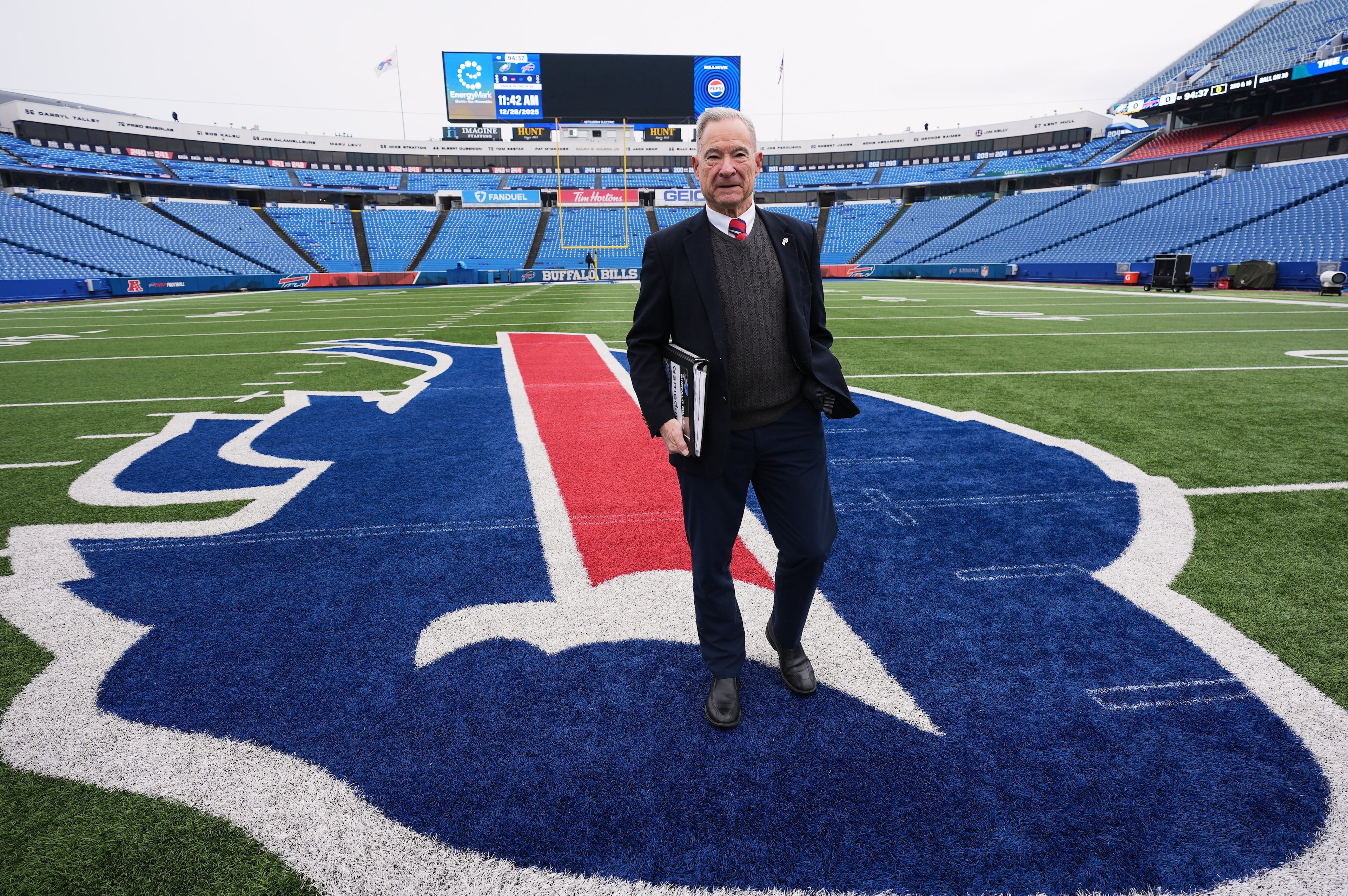UPDATE: President Trump requiring meat plants to stay open during COVID-19
Two days after the chairman of Tyson Foods issued a dire warning about the nation’s food supply chain, President Donald Trump is reportedly set to sign an executive order requiring meat processing plants to stay open during the coronavirus pandemic.
Trump will reportedly use the authority granted to him under the Defense Production Act.
BREAKING: Trump plans to order meat processing plants to STAY OPEN, declaring them critical infrastructure under Defense Production Act. Order meant to stave off shortage of beef, chicken, eggs, pork. Plant closures could have shut down as much as 80% of capacity, source says.
— Jennifer Jacobs (@JenniferJJacobs) April 28, 2020
In a full-page ad in The New York Times on Sunday, John H. Tyson warned “there will be limited supply of our products available in grocery stores until we are able to reopen our facilities that are currently closed.”
Georgia produces about 8 billion pounds of poultry annually, or about 15% of the nation's production, according to the Georgia Poultry Federation. Meanwhile, Georgia's chicken industry employs as many as 45,591 people across the state and generates an additional 125,004 jobs in supplier and ancillary industries, according to the U.S. Poultry and Egg Association.
Tom Hensley, president of Baldwin-based Fieldale Farms, a major poultry company and one of the largest employers in Hall County, responded to Trump's plans matter-of-factly.
"We intend to continue producing great-tasting chicken, so the order will not alter our plans," said Hensley, who serves on the U.S. Poultry and Egg Association's executive committee. "Everyone needs to eat every day, so the food supply is critical to our wellbeing."
The president’s move immediately drew the condemnation of the Retail, Wholesale and Department Store Union.
“We only wish this administration cared as much about the lives of working people as it does about meat, pork and poultry products,” said union President Stuart Appelbaum. “When poultry plants shut down, it’s for deep cleaning and to save workers’ lives. If the administration had developed meaningful safety requirements early on as they should have and still must do, this would not even have become an issue. Employers and government must do better.
“If they want to keep the meat and poultry supply chain healthy, they need to make sure that workers are safe and healthy.”
Tyson temporarily closed a pork processing plant in Waterloo, Iowa, last week after more than 180 coronavirus infections had been linked to the plant. Hundreds of employees weren't going to work out of fear of getting sick, according to NBC.
“The food supply chain is breaking,” Tyson Foods warns in a full page ad in NYT today pic.twitter.com/5cyusH6L9V
— Ana Swanson (@AnaSwanson) April 26, 2020
Company spokesman Gary Mickelson said the Tyson family thought it was important to explain their perspective.
“The letter encourages government leaders to unite to address food supply chain challenges,” Mickelson said. “We are taking a proactive approach to balance safety and production by moving aggressively with testing and plant closures when necessary.”
TRUMP: I WILL SIGN AN ORDER ON TYSON AND FOOD SUPPLY. $TSN
— (@ProSquawk)Apr 28 2020
COVID-19, the disease caused by the virus, has infected hundreds of workers at meat processing plants and forced some of the largest to close and others to slow production. While the output at beef and poultry plants has diminished, pork plants in the Midwest have been hit especially hard.
The viral outbreaks have persisted despite efforts by the meat companies to keep workers at home with pay if they become sick.
The 15 largest pork-packing plants account for 60% of all pork processed, so when even one of those plants closes for days or weeks, the consequences ripple across the industry. That has become abundantly clear with two of the nation’s biggest plants now closed: Tyson suspended operations at its plant in Waterloo, Iowa.
Smithfield Foods also has halted production at its plant in Sioux Falls, South Dakota.
Jeremy Redmond of The Atlanta Journal-Constitution contributed to this report.

